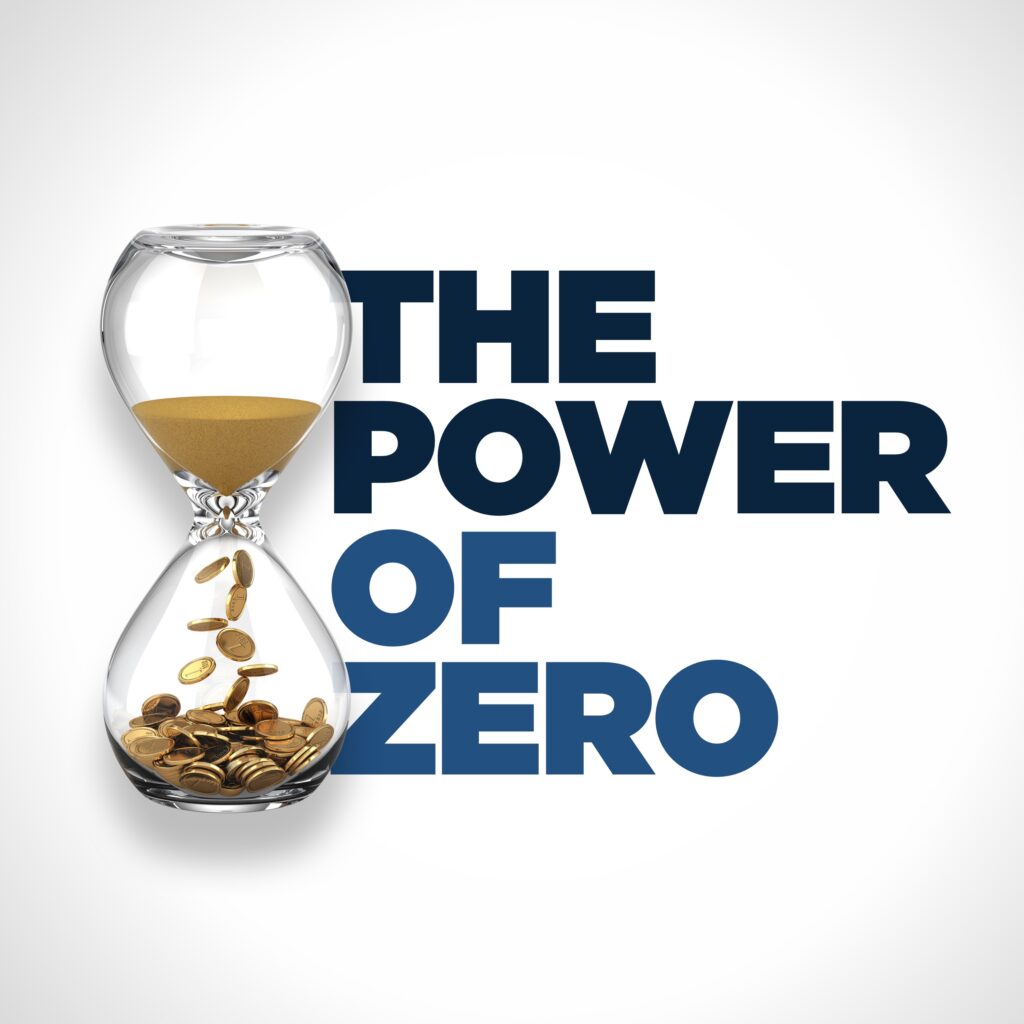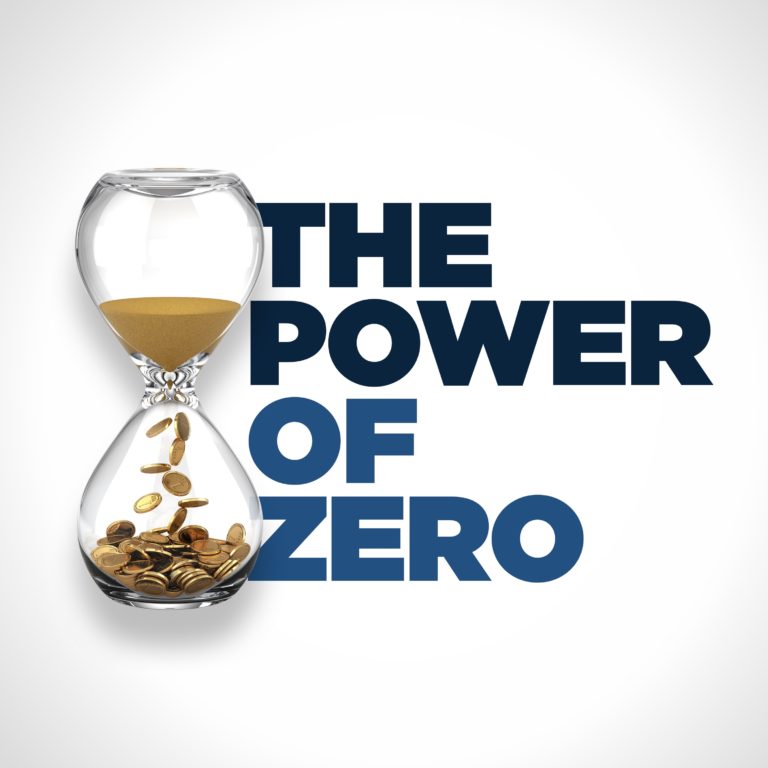Life insurance retirement plans or LIRPs are long-term propositions. They only really work if you think of them like a marriage, meaning they work best if it’s until death do you part.
Don’t start an LIRP unless you’re planning on dying while it’s enforced, even if that means you have to keep it for 40 or 50 years.
Your LIRP needs to be a 0% loan. One of the things that makes the LIRP so appealing is that you can take the money out tax free, and you do that by way of a loan..
An LIRP may be tax free, but it’s not cost free. For starters, you aren’t actually taking a loan from your own policy. You’re taking the loan from the life insurance company and you’re using your policy’s cash value as collateral for that loan. I will explain how it works in this episode.
Some companies say that their current practice is to charge you 3%, but they reserve the right to charge you four, five or eight percent at their leisure, sometime down the road. And the longer you give them to decide, the more detrimental.
Your loan provision is the single most important provision in the entire contract. You absolutely have to make sure that you understand your loan provision and its implications before you ever sign on the dotted line.
The second thing your LIRP absolutely must have is interest charge in arrears (vs charge you interest in advance). If you give it to them at the beginning of the year, as opposed to the end of the year, you’ll lose out on what that money could have earned for you.
The third thing you must insist that your LIRP have is daily sweeps. Some companies are so small that they have to wait anywhere from three to six months to pull up enough assets to where it’s cost effective enough to purchase the options required to make those assets grow. In other words, it’s not going into your growth account and making you money right away.
Make sure your LIRP has an overloan protection rider. This means that when your cash value drops to a certain point, the insurance company will give you the option of having them essentially take over the policy. They will reduce your policy’s death benefit to the point where the remaining cash value essentially pays the policy up.
What if you die before the policy is up? Don’t worry – you won’t have paid something and never get it back. Someone’s still getting a death benefit, probably your kids or your grandkids. So there isn’t really that sensation of having paid for something you hope you never have to use.
Mentioned in this episode:
David’s books: Power of Zero, Look Before Your LIRP, The Volatility Shield, Tax-Free Income for Life and The Infinity Code
PowerOfZero.com (free video series)
@mcknightandco on Twitter
@davidcmcknight on Instagram



